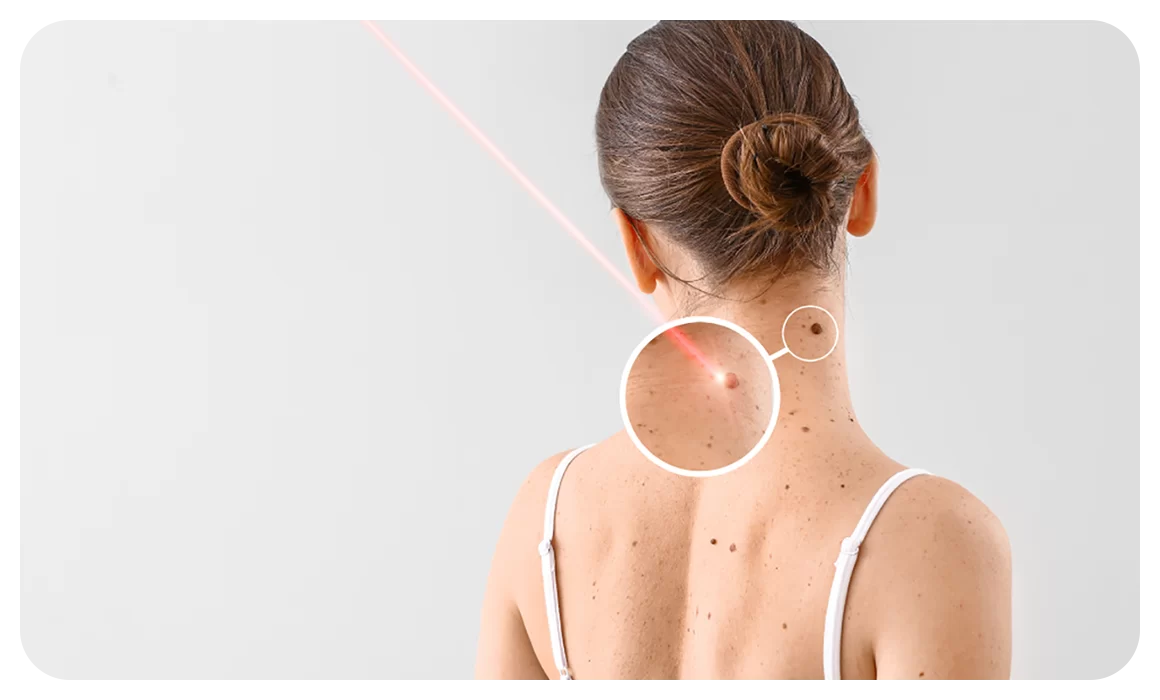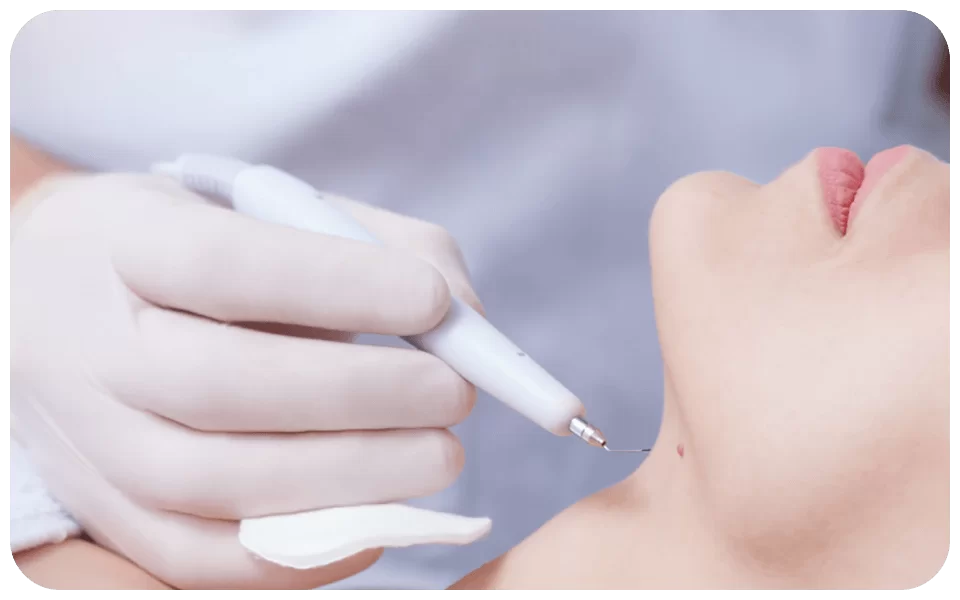Nasal and Sinus Surgeries in Abu Dhabi
Elyzee Hospital is one of the best medical centers in Abu Dhabi specializing in Nasal and Sinus Surgeries.

Nasal and Sinus Surgeries in Abu Dhabi at Elyzee Hospital
Nasal and sinus surgeries are medical procedures that are conducted to address a range of conditions that affect the nasal passages and sinuses. The main goal of these surgeries is to enhance breathing, alleviate sinus issues and correct any structural abnormalities. In this blog post. We will delve into various aspects of nasal and sinus surgeries, such as their advantages. The ideal candidates for these procedures. The process of consultation. The actual surgical procedure, recovery after the surgery. The final outcomes achieved, and conclude with an informative Q&A section that aims to address common queries and concerns.
The Benefits of Nasal and Sinus Surgeries
For those facing chronic sinusitis, nasal blockage, or structural abnormalities, opting for a nasal or sinus surgery brings about various advantages. One primary benefit is the significant enhancement it offers to one’s breathing ability. By tackling issues like deviated septum, nasal polyps and sinus blockages at their root cause level during these procedures; improved airflow through the nasal channels becomes possible. Consequently, overall respiratory function sees a substantial boost as snoring decreases and symptoms tied to any nose congestion get relieved.

An added benefit that comes from nasal and sinus surgeries is the alleviation of chronic sinus problems. Chronic sinusitis or repeated bouts of infection can bring immense discomfort to individuals significantly impacting their daily lives. However through surgical means that tackle the underlying cause behind such conditions people experience long lasting relief along with a noticeable decline in both how frequently these symptoms arise as well as their severity.
Moreover nasal and sinus surgeries are beneficial in addressing structural anomalies that may be contributing factors to difficulties with breathing or chronic sinus conditions. These interventions involve reshaping the nasal passages. Rectifying a deviated septum. And eliminating nasal polyps to facilitate improved functionality and provide relief from symptoms.
The Best Candidate for Nasal and Sinus Surgeries
The best candidates for nasal and sinus surgeries are individuals who have chronic sinusitis, nasal blockage, or structural abnormalities that are significantly impacting their quality of life. Ideal candidates are generally in good overall health and have realistic expectations about the outcomes of the procedure. To ensure that you are a suitable candidate for nasal and sinus surgeries it is advisable to consult with an experienced ear, nose, and throat (ENT) specialist.
Throughout this significant consultation process undertaken by ENT specialists who pride themselves on their expertise remains committed to meticulously evaluating peculiarities inherent within each patient’s condition.Through refined analysis of systematically recorded symptoms, they engage in a much broader confabulation intermingling concrete targets, and far-reaching aspirations. The paramount significance emphasized here revolves around the lucidity with which they present a vast spectrum of plausible surgical options that cater suitably to your exclusive condition. Furthermore, these persuasive exchanges serve as pivotal moments when attending to all hazard attribution, advantages as well as inherent limitations aligned seamlessly within each proposed intervention. Conclusively, this judicious contemplation fosters an idyllic environment where any apprehension or issue vocalized by patients encompasses discussions that transpire crucially when aligning loyalties and goals held by patients availing themselves of nasal and sinus surgery.
Consultation with a Doctor and Preparation for the Procedure
Ensuring one’s trust lies in an esteemed ENT specialist through arranging a crucial preoperative consultation cannot be emphasized enough when faced with prospective nasal and sinus surgery endeavors. In this pivotal encounter brought forth by seasoned professionals, the specialist will painstakingly assess your medical history, meticulously analyze your symptoms and cordially partake in a comprehensive discussion revolving around your distinct aspirations and expectations for this intricate procedure. A thorough explanation encompassing details about the various techniques employed, potential risks that may be encountered, as well as forecasted outcomes shall be offered by them. It is within this informative consultation opportunity that all inquiries and uncertainties can be diligently addressed, guaranteeing you acquire ample understanding concerning the procedure’s specifics.
To ensure the best outcomes and reduce the likelihood of complications, the specialist who will be conducting your nasal and sinus surgery may offer personalized instructions. These instructions may involve discontinuing specific medications that could raise the risk of bleeding. Refraining from consuming alcohol or smoking before the procedure. And embracing a healthy lifestyle. Adhering to these pre-procedure guidelines can enhance your chances of obtaining optimal results.
What's Happening During the Rib Remodeling Procedure
Nasal and sinus surgeries can involve various techniques depending on the individual’s condition and the specific goals of the procedure. Some common nasal and sinus surgeries include septoplasty, functional endoscopic sinus surgery (FESS), turbinate reduction, and nasal polypectomy.
Septoplasty is a surgical procedure performed to correct a deviated septum, which can impede the airflow through the nostrils and disturb normal breathing patterns. Functional endoscopic sinus surgery (FESS) aims to address any blockages in the sinuses like polyps. Inflamed tissue, or bone spurs using a specialized tool called an endoscope that has a small camera attached. Turbinate reduction aims to decrease the size of enlarged turbinates, which can contribute to nasal congestion. Lastly nasal polypectomy focuses on the removal of nasal polyps, which have been known to cause persistent inflammation and blockages in the nasal passages.
The choice of a particular technique will depend on the individual’s condition and the desired outcomes of the surgery. Generally this procedure is done under general anesthesia or local anesthesia with sedation based on the complexity of the surgery and the preferences of both the patient and surgeon.
After the Procedure and Recovery
After undergoing surgery on the nasal and sinus region patients may encounter certain symptoms such as swelling, congestion, or discomfort in the affected area. To facilitate healing and minimize inflammation the surgeon will offer specific guidelines for post procedure care. These instructions may involve utilizing nasal sprays or rinses. Refraining from strenuous activities. And adopting a gentle cleaning routine for the nasal passages.
The duration of recovery following nasal and sinus surgeries can differ, contingent upon the scope of the procedure and each persons’ unique healing capacity. Typically individuals can anticipate resuming their regular routines within one to two weeks accompanied by gradual relief from symptoms as time progresses. It is imperative to adhere to all post procedure guidelines provided by the surgeon in order to optimize your recuperation and attain optimal outcomes.
Final Result
Following a reduction in swelling as well as during the healing process itself; patients will gradually observe substantial improvements consequent to their nasal and sinus surgical procedures. Such improvements include enhanced breathing abilities alongside a simultaneous decrease in related symptoms pertaining to sinuses – all encompassing an ultimate enhancement when it comes to overall levels of personal comfort. It must be duly noted though that outcomes encountered on an individual basis are highly subject to variance; notwithstanding such deviations however – one fundamental objective consistently remains at play throughout these operations: rendering respite that’s both far-reaching across timeframes and also significantly augmenting overall quality of life for those individuals grappling with persistent sinus complications or nasal obstructions.
Conclusion
Numerous individuals who experience the distress of chronic sinusitis, nasal blockage, or structural abnormalities discover solace through nasal and sinus surgeries. These procedures aim to improve breathing, relieve sinus issues. And correct structural problems. Ultimately leading to a better quality of life. To determine the most suitable approach for your condition. It is advisable to seek guidance from an experienced ENT specialist.

FAQs
The nasal and sinus surgery is typically performed under anesthesia, ensuring that you will not feel pain during the procedure. After the surgery, some discomfort, swelling, or congestion in the treated area is common. Nevertheless, the surgeon will offer suitable methods to manage pain in order to guarantee your comfort throughout the healing period.
The nasal and sinus surgery is typically performed under anesthesia, ensuring that you will not feel pain during the procedure. After the surgery, some discomfort, swelling, or congestion in the treated area is common. Nevertheless, the surgeon will offer suitable methods to manage pain in order to guarantee your comfort throughout the healing period.
The final results of nasal and sinus surgeries become more evident as the swelling subsides and the body heals. Patients can anticipate a notable improvement in their ability to breathe a decrease in symptoms related to their sinuses and an overall enhancement in their level of comfort. While individual outcomes may vary, noticeable improvements can be seen within a few weeks to months following the surgery.
Much like any surgical intervention. It is important to acknowledge that nasal and sinus surgeries carry inherent risks as well as possible complexities. These complexities can include infection, bleeding, scarring, alterations in sensation or an unsatisfactory aesthetic result. Holding an open discussion with your ENT specialist regarding these matters will provide you with a comprehensive awareness of the potential outcomes.
The time it takes to recover from nasal and sinus surgeries can differ based on the seriousness of the surgery and how quickly each individual heals. Typically patients can anticipate returning to their usual activities within one to two weeks with symptoms gradually getting better over time. To ensure the best possible outcome and aid in your recovery it is crucial to adhere to all post procedure instructions given by your surgeon.
Make An Appointment

